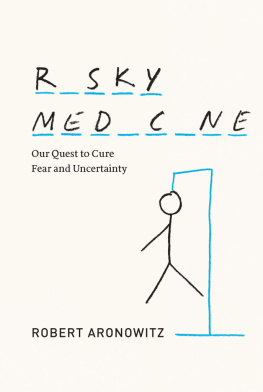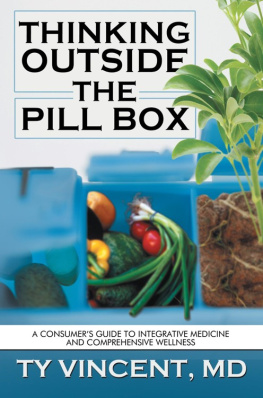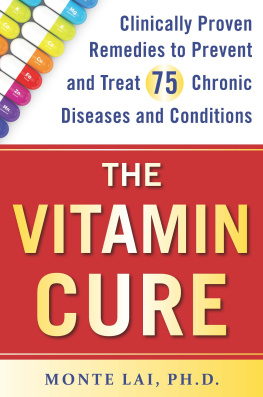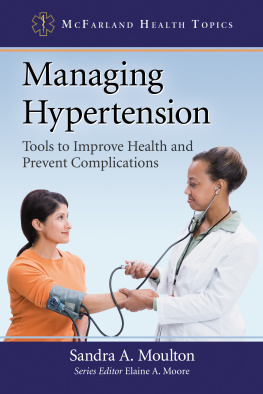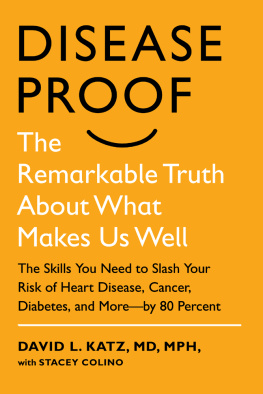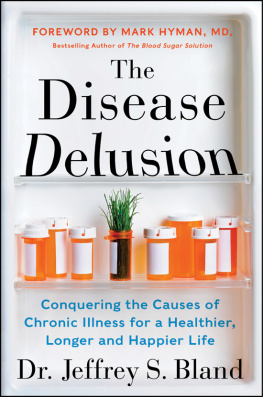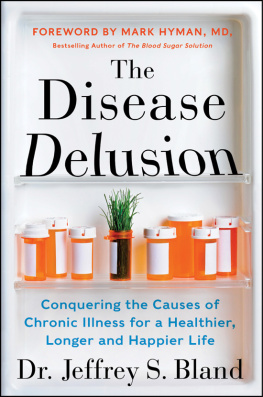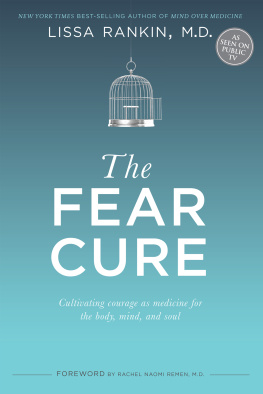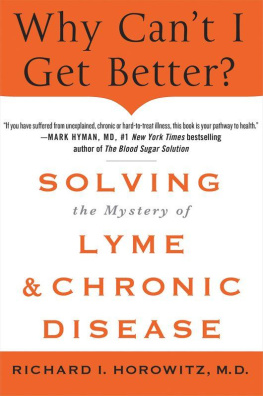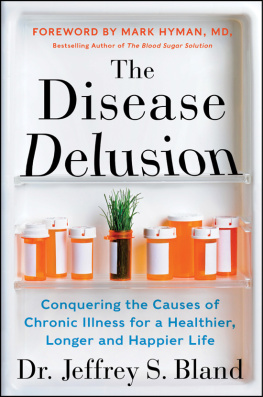Risky Medicine
Our Quest to Cure Fear and Uncertainty
Robert Aronowitz
The University of Chicago Press
Chicago and London
Robert Aronowitz is professor and chair of the history and sociology of science at the University of Pennsylvania; he earned his medical degree from Yale University. His books include Making Sense of Illness: Science, Society, and Disease and Unnatural History: Breast Cancer and American Society. He lives in Merion Station, Pennsylvania.
The University of Chicago Press, Chicago 60637
The University of Chicago Press, Ltd., London
2015 by The University of Chicago
All rights reserved. Published 2015.
Printed in the United States of America
24 23 22 21 20 19 18 17 16 15 1 2 3 4 5
ISBN-13: 978-0-226-04971-7 (cloth)
ISBN-13: 978-0-226-04985-4 (e-book)
DOI: 10.7208/chicago/9780226049854.001.0001
Library of Congress Cataloging-in-Publication Data
Aronowitz, Robert A. (Robert Alan), 1953 author.
Risky medicine : our quest to cure fear and uncertainty / Robert Aronowitz.
pages cm
Includes bibliographical references and index.
ISBN 978-0-226-04971-7 (cloth : alkaline paper) ISBN 978-0-226-04985-4 (e-book) 1. Medicine, PreventiveUnited StatesHistory20th century. 2. DiseasesRisk factorsSocial aspectsUnited States. 3. Medical careUnited StatesHistory20th century. I. Title.
R151.A76 2015
610.289dc23
2015012605
This paper meets the requirements of ANSI/NISO Z39.48-1992 (Permanence of Paper).
Contents
Risky medicine: Our quest to cure fear and uncertainty
I
On the front page of the New York Times the day I was first drafting this introductory chapter was a story about how a National Cancer Institute working group had recommended that some carcinomas in situ and cancers of low metastatic potential be renamed without the word cancer in them. Removing cancer would by fiat decrease the overdiagnosis of cancer but also might reduce fear and overtreatment.
The overdiagnosis and overtreatment of cancer is part of a larger cost and quality crisis in American medicine today. American health care is more intensive and costly, but our health is the same or worse, than countries which do less and spend less. The modest proposal to rename disease is an imaginative response to one driver of this crisis: the high numbers of Americans who are diagnosed with early stages of disease and risk states yet treated as full-blown disease, triggering fear as well as aggressive and costly treatments whose net benefits are often assumed rather than proven.
Unfortunately, our policy responses to what ails American medicine are usually not so imaginative, and have been focused almost exclusively on the organization and financing of health services. We need to reform the way we deliver and pay for care, but these are not the only problems and solutions. In this book I want to draw attention to a profound and consequential historical transformation in our illness experience and medical and public health practices that contributes to many of our health care woes. We have experienced the ascent of a risk-dominated experience of ill health, one characterized by fear, uncertainty, and lack of control, whereas in the past, pain, loss of function, and other symptoms were more central. Along with this, we have more and more public health practices, medical interventions, and consumer products that are largely risk reducing and risk controlling rather than treating symptoms or curing disease.
In the chapters that follow, I will explain how risk became central to the experience of health and medical interventions and flesh out some of the implications of this transformation. While the experience of illness and medical practices have been radically transformed in recent decades, our individual and collective responses have not kept up with these changes. Failure to appreciate these changes has led to wasted resources, hits to our health and peace of mind, and myopic solutions to our cost/quality crisis.
Current received wisdom is that the unaffordable yet underperforming U.S. health care system is due to a number of factors: new technology; greedy practitioners, drug companies, device manufacturers, and health systems; hyperspecialization; inadequate evaluation of medical practices and products; malpractice concerns; and fee-for-service reimbursement. But underlying and contributing to the creation and diffusion of new technologies and shaping demand for services and products, irrespective of work force, legal, or financial arrangements, are changes in how we have defined, labeled, researched, and responded to ill health and its putative causes.
There are three key aspects of this risk-centered medicine that I will sometimes refer to as risky medicine when I invoke these ideas together. One is the market-driven expansion of risk interventions, especially drugs and screening tests ().
At the outset, let me be clear that elements of risky medicine have always been part of the illness experience. Medical interventions have long targeted the anticipated consequences of specific diseases. But changes in how we understand, name, classify, screen for, and treat disease have made the risk-centered experience of ill health dominant for a much larger proportion of Americans. This experience has been infused with probabilistic knowledge of potential bad outcomes and medical interventions that promise to modify them.
It is also self-evident that the same medical progress that has contributed to decreased mortality and morbidity has also contributed to the growth of new risks and risk interventions. No one wants to set back the clock to the era before insulin, even though as more type 1 diabetics escaped death from acute episodes of high blood sugar (as in diabetic ketoacidosis) they lived at greater risk of heart and kidney damage and a host of other problems. But recognizing and celebrating this trade-off is not a reason to eschew critical examination of every new medical risk and intervention that emerges within the penumbra of medical progress. In diabetes, for example, we have had a problematic promotion of prediabetes risk states and calls for preventative treatment.
In making disease, especially chronic disease, risk-centered, we have spawned interventions that do all kinds of work, such as providing reassurance, reducing fear, and signaling responsibility for health ( This system, often loosely tethered to any specific knowledge production of medical evidence per se, often undergirds efficacy calculations.
This social and psychological work is a major reason why American medicine is so costly and yet not that effective when measured by objective impacts on morbidity and mortality. It creates incentives and provides a rationale for different stakeholders to make decisions divorced from objective impact on bodies and populations. This problem exists for highly visible and often controversial medicalized risk interventions such as drugs to reduce obesity or certain cancer screening tests, but also in less visible and controversial interventions aimed at preventing complications of existing chronic disease.
Many of the current ineffective or costly but marginally effective health practices are risk interventions that have not been adequately recognized, named, or understood. Unless we understand the scope of this change and the historically conditioned processes that undergird them, we will continue to engage in short-sighted after-the-fact policy debates about singular primary or secondary prevention practices, missing the bigger picture and upstream opportunities for policy change (). The disease prevention landscape has been radically transformed over the past half-century, but our health policies and clinical practices have not been based on an adequate knowledge of this transformation. Health risks dominate medical practice, yet are poorly acknowledged. Demand for risk interventions has been heavily influenced by direct marketing to consumers, the sometimes exaggerated claims of self-interested parties, and problematic assumptions used in the extrapolation of aggregate data to individual decisions.

